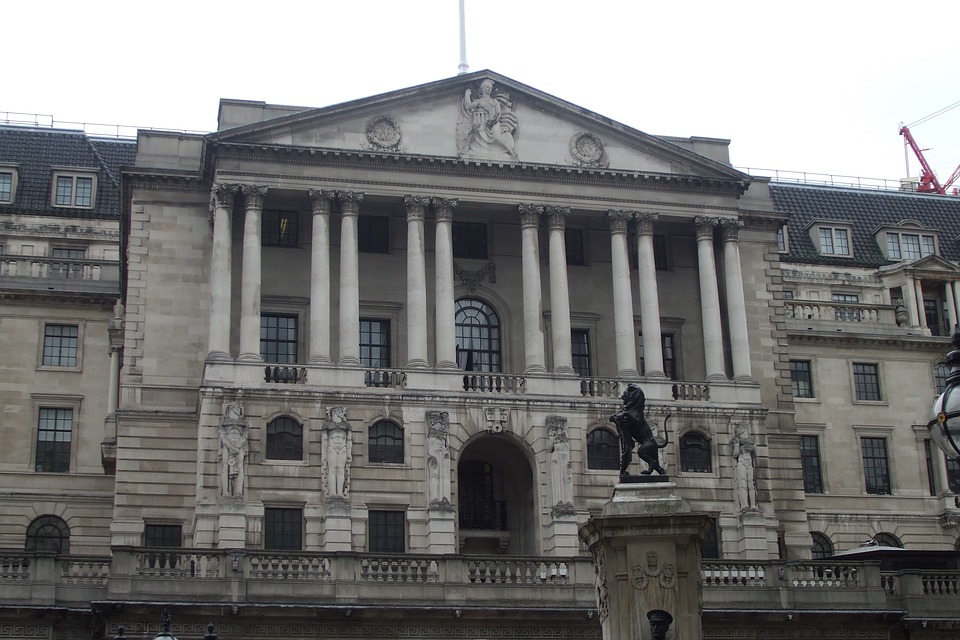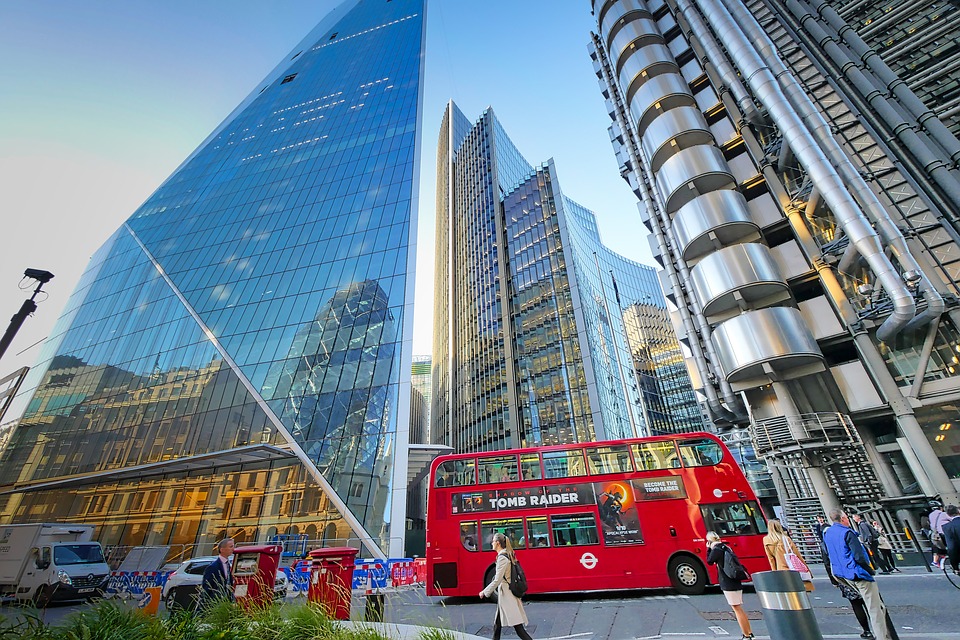City bets on the Bank of England hiking interest rates soon are ramping up once again after fresh jobless data showed the worst effects of the end of the furlough scheme have been largely avoided.
The Old Lady will turn the dial at its next meeting in December due to the labour market looking less fragile, according to economists, experts and analysts.
Thomas Pugh, economist at RSM UK, said today’s jobless figures showed a key “obstacle preventing” the Bank from hiking rates had been “removed”.
“The continued robust recovery in the labour market will reassure those MPC members who were concerned about damage from the ending of the furlough scheme… most MPC members will probably decide that the labour market is now robust enough to withstand an interest rate hike,” he added.
To find out more about how we can assist you with your Second Charge Mortgage please click here
Officials on Threadneedle Street justified leaving rates unchanged at a record low 0.1 per cent around a fortnight ago due to a lack of visibility over the impact of the end of the furlough scheme on the jobs market.
The Bank is most concerned about wage pressures fuelling medium term inflation expectations, which could trigger even sharper upsurges in price rises if workers demand higher pay and businesses try to pass on swelling costs to consumers.
Data from the Office for National Statistics (ONS) released this morning showed payrolled employees climbed 160,000 over the last month to over 29m in October.
This is the first time the ONS has examined the labour market when the furlough scheme has not been live since the start of the pandemic, indicating the economy may be strong enough to stand on its own two feet and absorb higher borrowing costs.
“Today’s data has made the odds of a rate rise in December more finely balanced,” Martin Beck, senior economic advisor to the EY ITEM Club, predicted.
The Old Lady decided to keep rates dormant despite expecting inflation to hit five per cent in April next year, more than double its target.
Economists expect near term inflation to blow the Bank’s target out of the water, with some thinking it will reach four per cent.
The ONS will verify whether those wagers are accurate when it releases its latest inflation estimates tomorrow.
CPI inflation is already running hot at 3.1 per cent.
By JACK BARNETT
Source: City AM
Discover our Second Charge Mortgage Broker services.









